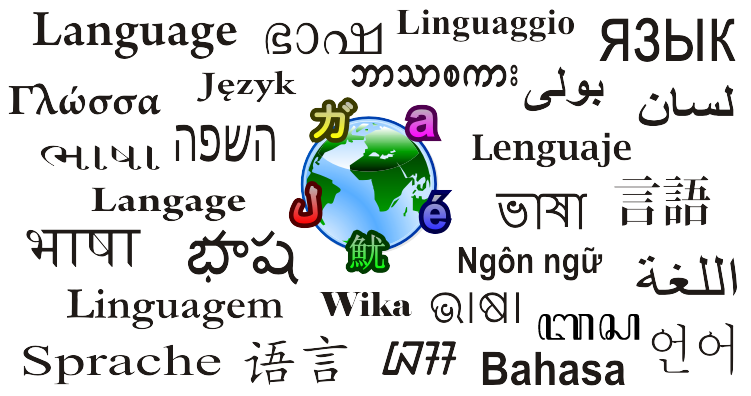 What on Earth Evolved? by Christopher Lloyd
What on Earth Evolved? by Christopher Lloyd
My rating: 5 of 5 stars
Did you know that every bamboo in the world flowers simultaneously once every few years? Had you ever imagined that if you pulverised a sponge the cells would gather together again to form the initial form in a perfect reconstruction? Had it ever occurred to you that, unlike other species like dogs, horses or chickens, people keep cats for no practical reason? Have you ever thought about the relevant speciesist implications? Did you know that elephants mourn their dead and visit elephant graveyards (yes like the ones in The Lion King) to pay their respects? Would you imagine that about 20% of the world’s oxygen comes from a kind of oceanic bacteria? Did you know that smallpox hasn’t really been eradicated — in fact, if unleashed today, it would eradicate a great percentage of the human population? Would you have ever known that most wheat — the basis for a great lot of our food today — cannot even reproduce naturally anymore because humans have bred it to have seeds so large they cannot even leave the ear and thus must be manually assisted?
“What on Earth Evolved?” and its 400-page insight into humanity’s and Earth’s organic history is full of such facts that are definitely going to stick with you. Just ask any of my friends or other people in my social circle if I haven’t been annoying them with jaw-dropping factoids about any of the one hundred species involved in this book, 50 that made their impact before humanity emerged and 50 that affected, and were affected by, us self-proclaimed owners of the Earth throughout our history. This unlikely menagerie has it all: from chickens to the supposed HIV virus, from roses to dragonflies, from cannabis to sharks, from dogs to eucalyptus trees, from ants to bats and from chilli peppers to trilobites.
Just like “What on Earth Happened?”, the sequel promises to change or add to your perspective on things. Humanity’s “special privileges”, our relationship with the rest of the world, the holistic importance of everything there is and all that is no more but once reigned supreme. This book will make you think, it’ll make you look around at life out there through a different eye. This is the stuff children would learn at school in a perfect world (the artistic design in fact, would be deceptively compatible with such a science class at school: minimalism meets cute drawings? Yes!).
This is “On the Origins of Species” on cultural steroids, it’s Darwin for Dummies and I could not mean that in a better way.
View all my reviews



